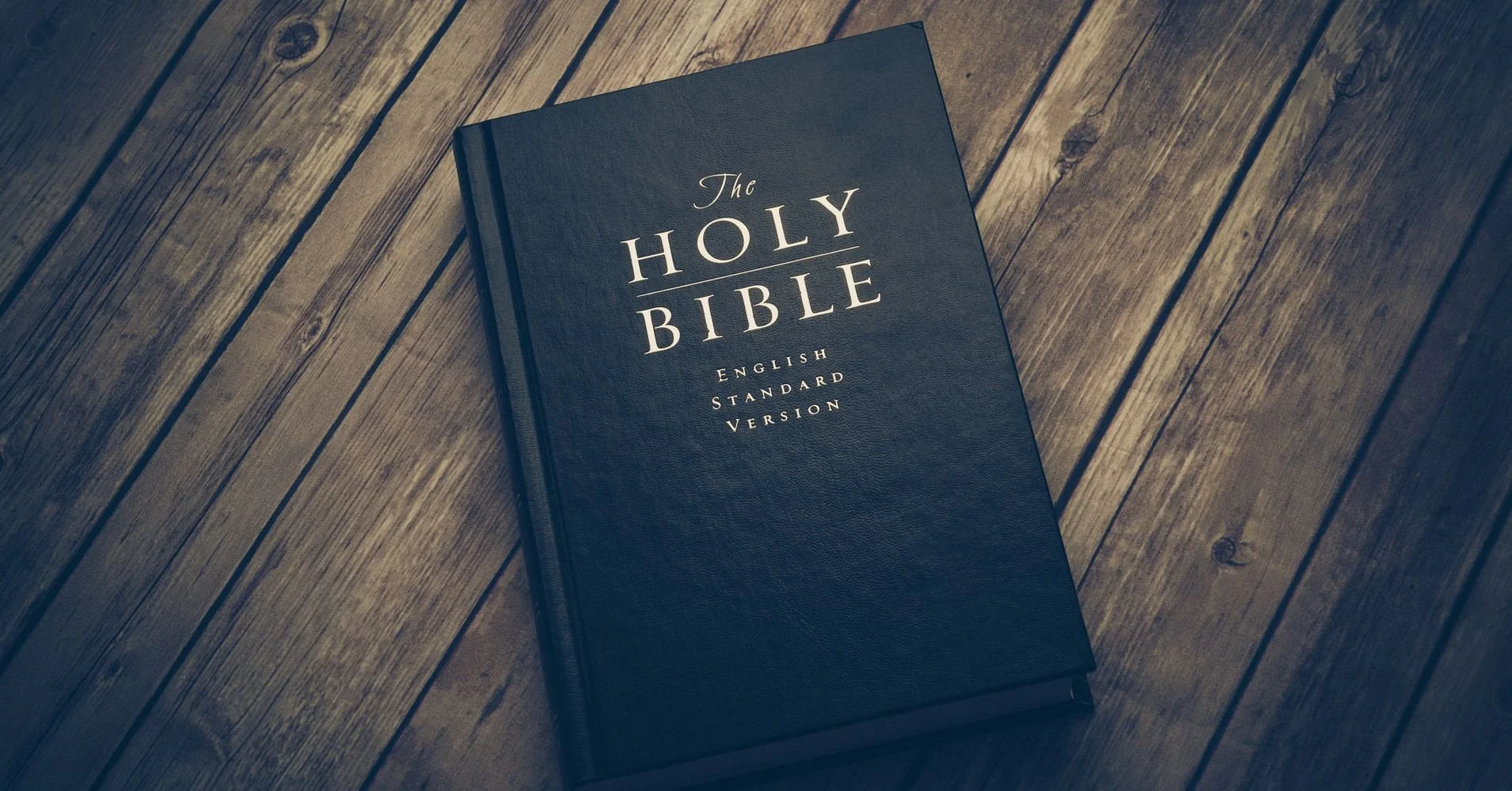Forgive the dated language, but this was written in the early 1940s…
“The cross is laid on every Christian. The first Christ-suffering which every man must experience is the call to abandon the attachments of this world. It is that dying of the old man which is the result of his encounter with Christ. As we embark upon discipleship we surrender ourselves to Christ in union with His death—we give over our lives to death. Thus it begins; the cross is not the terrible end to an otherwise god-fearing and happy life, but it meets us at the beginning of our communion with Christ.
When Christ calls a man, He bids him come and die. It may be a death like that of the first disciples who had to leave home and work to follow Him, or it may be a death like Luther’s, who had to leave the monastery and go out into the world. But it is the same death every time—death in Jesus Christ, the death of the old man at his call.”
So wrote Dietrich Bonhoeffer, in his brilliant little book: The Cost of Discipleship. Bonhoeffer captures the non-negotiable realities of Christian (re-)birth, which is paradoxically a death. And this dying with Christ, remains every bit as essential as our being born again (Jn.3:3; I Pet.1:23), as our ‘new birth into a living hope’ (I Pet.1:3). We cannot be born into a new life unless we have died to the old one (Rom.6:1-11).
For many of us, the limitations and frustrations we have endured throughout our Christian lives are the result of bad births. We may not be able to name them, or explain them, but we have been left with a feeling of spiritual unease. We are only too aware of how complications at birth can affect us physically, and mentally. The same can be true spiritually. If our being born (-again) is attended with complications, we may be affected throughout our discipleship. This is the tragedy of the truncated, simplified, and sometimes distorted presentation of the Gospel many of us believed; and subsequently, the inadequate vision of, and training for, discipleship we were given.
If we never understand that the way of Christ is the way of the cross, we will never make it past first base. Our propensity to avoid the aspects of discipleship that implicate us in rejection, suffering and struggle is deeply problematic. Our ignorance of such dynamics is culpable. And yet many of us were never taught that we cannot follow Christ without dying; and more of us were never taught what that meant. ‘Then Jesus said to his disciples, “Whoever wants to be my disciple must deny themselves and take up their cross and follow me…”’. (Matt.16:24). The idea that suffering may be part of God’s plan for us, and a necessary part of our disicpleship, can be destabilising when we first realise it. And the idea that Jesus sends us out knowing we will be hated is hardly eased by the knowledge that He prays for us in the midst of experiencing that hatred. We should have been taught this even before we decided to become Christians. We might have made more progress if we had known that the very thing we’ve spent our life avoiding is the very thing that Jesus is praying about for us, and the path to spiritual maturity…
Questions:
Does John 17:6 describe us? What does Jesus mean when He speaks of us having been given to Him by the Father? How do you feel about that? Are we those who can be described as having obeyed God’s Word?
As you read through this passage, what does Jesus assume is the relationship between the Church and the Word of God?
Why is it so important that we know everything Jesus has, is given Him by the Father (17:7, 10)? If you didn’t know this, how would it affect your experience of being a Christian?
How has Jesus protected the disciples throughout the period covered by the Gospels? How does Jesus envisage the Father’s ongoing protection of ‘them’? When you look at the experience of the persecuted Church (and of the Apostles themselves), how can we say that Jesus’ prayer is answered (17:11-12)?
How can Christians experience the full measure of Christ’s joy, even while the world hates us (17:13-14)?
If the world’s hatred of the Church is based simply on the fact of our being ‘not of othe world’, is there any way to be a Christian without encountering that hatred (17:14-16, see also e.g. II Tim.3:12)? Can you share your experience of being hated in this way? Is Jesus exaggerating here to make a point?
What is ‘the evil one’ seeking to do to us that we need protecting from (17:15)? How does the Father protect us from him?
What is Jesus praying for when He speaks of our being sanctified by the truth that is God’s Word (17:17)? How does that process work? What does that mean for our relationship with that Word? How does you involvement with MIE help in this regard?
How is our sanctification (being set apart for holiness) shaped and defined by Jesus’ sanctifying Himself (17:17-18)?














